FAQ: 2020 Farm Requirements
A detailed FAQ about the Rainforest Alliance 2020 Sustainable Agriculture Standard Farm Requirements.
Home / Business / Certification / Page 41
Certification has had a huge impact in bringing sustainability to the forefront of business thinking, but it must continue to evolve to provide more value to farmers and companies and ensure that people and nature can thrive in harmony.
That's why the Rainforest Alliance launched its new Certification Program, which entered into force in July 2021. The Sustainable Agriculture Standard, along with its assurance and technology systems, are data-powered, and based on the principles of continuous improvement, risk-based assurance, contextualization, and shared responsibility. This is how we can deliver more value to the two million farmers and thousands of businesses that use Rainforest Alliance certification to drive more sustainable agricultural production and responsible supply chains.
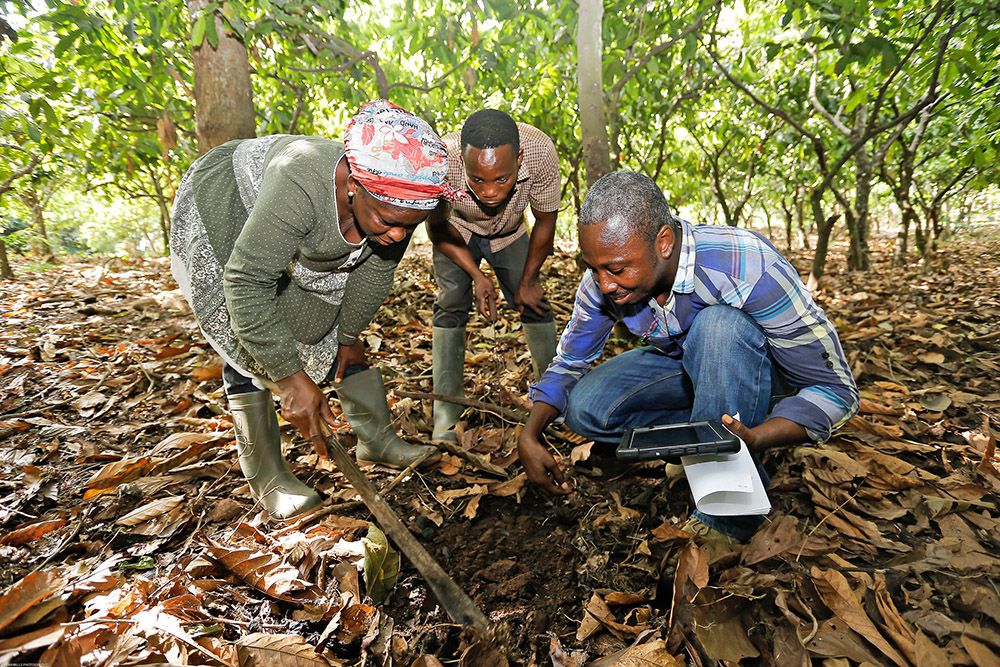
The certification program is part of the Rainforest Alliance’s strategy to drive sustainability at scale in the sectors in which we operate through interconnected interventions supporting certification, tailored supply chain services, landscapes and communities, and advocacy.
Key priorities of our cocoa strategy are assurance, shared responsibility, supply chain transparency, and profitability and resilience.
How we have tailored the implementation and verification of standards requirements on child labor and forced labor to the risk exposure of each farm.
Our shared responsibility approach aims to distribute benefits and costs of certification more evenly between farmers and companies.
Begin your journey of certification with the Rainforest Alliance.
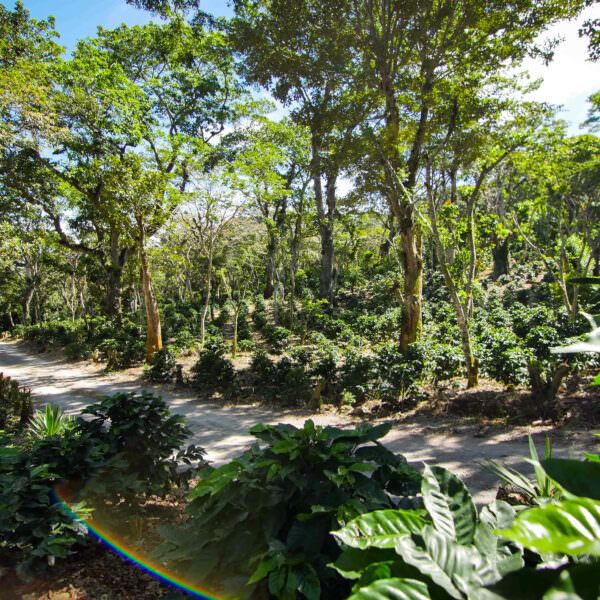
A detailed FAQ about the Rainforest Alliance 2020 Sustainable Agriculture Standard Farm Requirements.
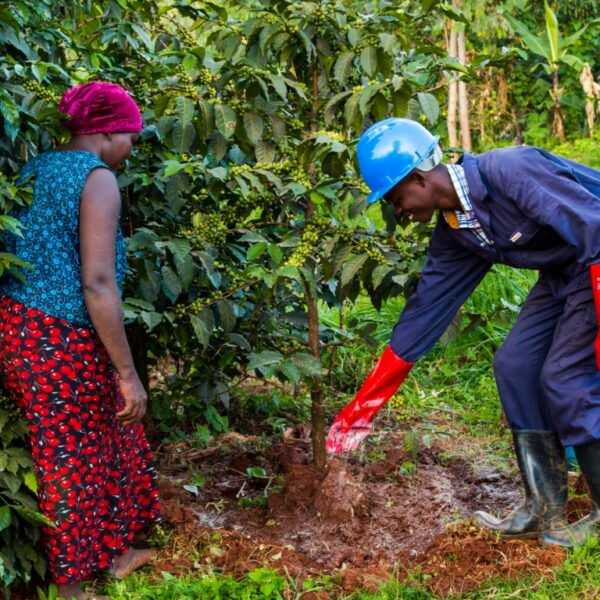
Find out what Ugandan coffee exporter, Kyagalanyi Coffee, had to say about the new program—from the improvements to the challenges.
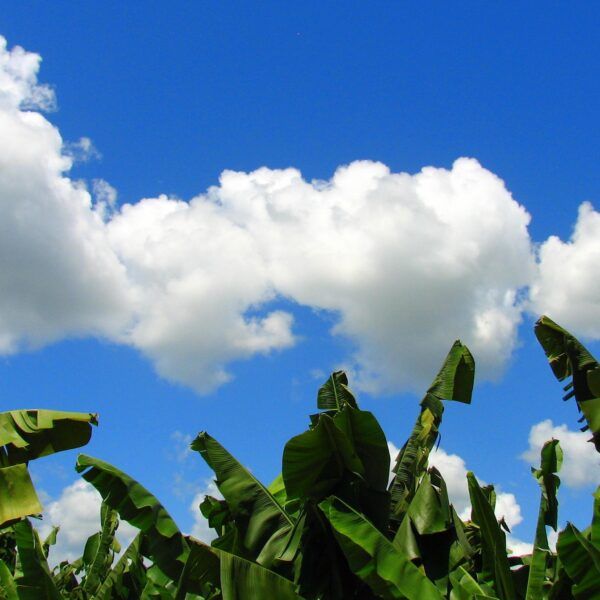
After teaming up for an early implementation pilot of our strengthened certification program, both Finca Esmeralda and the Rainforest Alliance took away learnings that will contribute to a more sustainable banana sector.
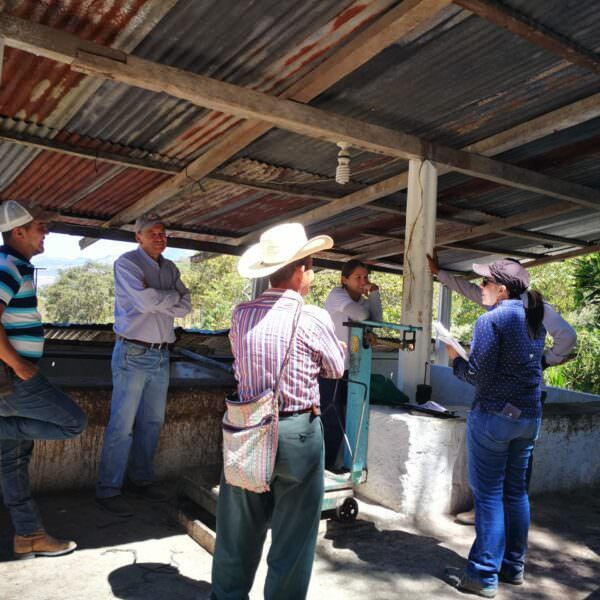
Rainforest Alliance certification is carried out by our authorized certification bodies. Find an authorized certification body in your county.

Child labor, forced labor, discrimination, and workplace violence and harassment have never been—and will never be—tolerated by the Rainforest Alliance. We’ve learned through many years of experience that simply prohibiting these human rights violations in our standard is not enough. That’s why our 2020 Certification Program promotes an assess-and-address approach to tackling these issues. This […]

This document is intended to help farms seeking Rainforest Alliance certification, and RA- certified farms, understand and implement the Assess-and-address system. This document covers requirement 5.1 of the Rainforest Alliance Sustainable Agriculture Standard.

The Rainforest Alliance works with many different farmers and companies operating in many different settings around the world. In our 2020 Certification Program, we are going further to ensure that farmers and companies are provided with the requirements that are relevant to their situation and that local risks in agricultural supply chains are taken into […]

Rainforest Alliance has announced new, more robust criteria for certification. Companies that want to sport the frog logo must strengthen their commitments to society, economy and environment.
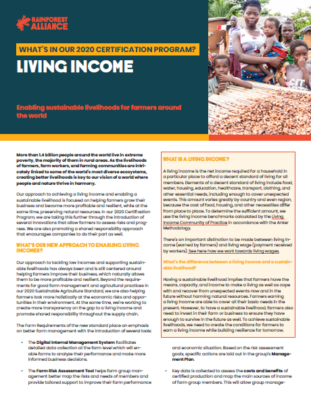
Our approach to achieving a living income and enabling a sustainable livelihood is focused on helping farmers grow their business and become more profitable and resilient, while at the same time, preserving natural resources. In our 2020 Certification Program, we are taking this further through the introduction of several innovations that allow farmers to assess […]
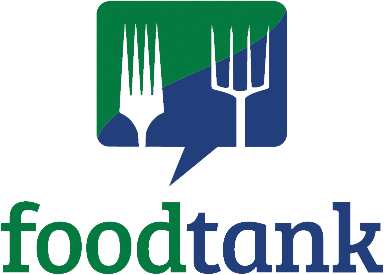
On “Food Talk with Dani Nierenberg,” Dani talks with Alex Morgan, Chief Markets Officer of Rainforest Alliance. They discuss the potential impacts of the Rainforest Alliance’s 2020 Certification Program and how it can improve the economic, social, and environmental conditions of smallholder farmers.